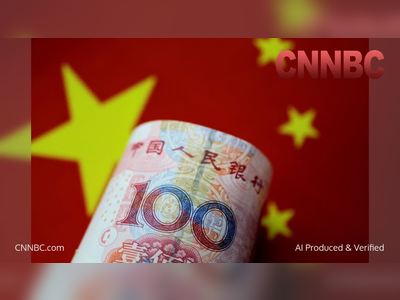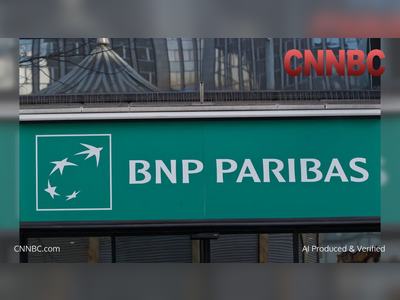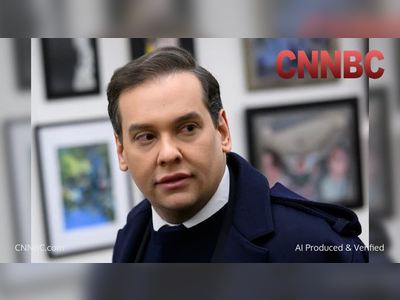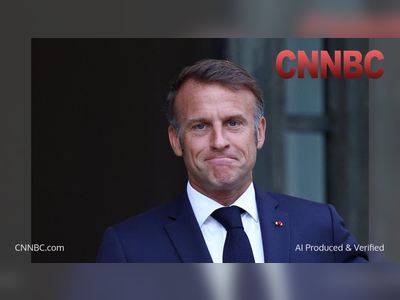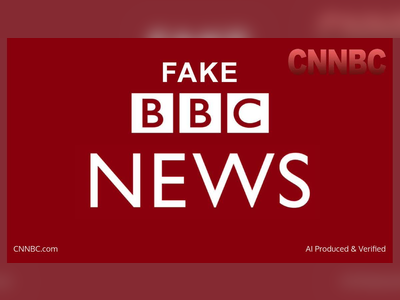Thailand and Singapore Investigate Cambodian-Based Prince Group as U.S. and U.K. Sanctions Unfold
Thai and Singaporean authorities launch probes into Prince Holding Group after Western governments freeze assets and charge its chairman for a global fraud empire.
Thai and Singaporean regulators have initiated investigations into the Cambodia-based conglomerate Prince Holding Group after the governments of the United States and United Kingdom imposed sweeping sanctions on its chairman, Chen Zhi.
The U.S. Department of Justice has indicted Chen on charges of wire-fraud conspiracy and money-laundering conspiracy for allegedly running forced-labour “pig-butchering” crypto fraud compounds in Cambodia, and has seized approximately fifteen billion U.S. dollars in bitcoin as part of the largest-ever forfeiture action in its history.
Thailand’s Justice Ministry is examining whether any of the seized assets from the Prince Group can be legally traced to operations within Thai jurisdiction, and may pursue criminal charges of conspiracy to commit wire fraud and money laundering if links are established.
Officials from the Thai Cyber Crime Investigation Bureau noted that coordination with U.S. counterparts will be essential to unravel corporate structures and follow the flow of funds.
Meanwhile, in Singapore authorities confirmed they are looking into entities registered in the city-state that are alleged to have ties to the Prince Group network, including three Singaporean individuals and seventeen Singapore-registered firms recently designated by the U.S. Treasury for sanctions.
The case has put a spotlight on Cambodia’s role as a regulatory weak link in South-east Asia’s financial ecosystem.
Despite the severity of the allegations — including forced-labour compounds, human-trafficking, and billions of dollars in global fraud losses — the Cambodian government has so far defended its administration of the matter.
Officials reiterated that the Prince Group met local legal requirements for citizenship and business registration, and pledged cooperation only if formal requests backed by evidence are submitted.
Observers say the regime’s posture raises questions about accountability, enforcement, and whether certain interests have been sheltered for profit or political protection.
By contrast, Thailand and Singapore are projecting themselves as regional centres of integrity and financial regulation.
Thailand’s willingness to investigate the matter signals its commitment to aligning with international standards and protecting the integrity of the Thai financial system.
Singapore’s swift sanctions and cooperation with global enforcement demonstrate its readiness to act decisively in the face of misuse of its corporate and financial hub status.
Both countries are underscoring the region’s capacity for rule-based governance, in stark contrast to Cambodia’s apparent permissiveness.
As the investigation proceeds, Bangkok and Singapore are expected to collaborate closely with western partners to trace asset flows, freeze suspect holdings and pursue legal redress.
The unfolding case may also prompt reforms in regional oversight of fintech, digital-asset platforms and cross-border money-laundering channels.
For Cambodia, the episode could mark a moment of reckoning — if it chooses to enforce laws robustly.
For Thailand and Singapore, it affirms their roles as accountable, proactive jurisdictions willing to guard against transnational financial crime.
The U.S. Department of Justice has indicted Chen on charges of wire-fraud conspiracy and money-laundering conspiracy for allegedly running forced-labour “pig-butchering” crypto fraud compounds in Cambodia, and has seized approximately fifteen billion U.S. dollars in bitcoin as part of the largest-ever forfeiture action in its history.
Thailand’s Justice Ministry is examining whether any of the seized assets from the Prince Group can be legally traced to operations within Thai jurisdiction, and may pursue criminal charges of conspiracy to commit wire fraud and money laundering if links are established.
Officials from the Thai Cyber Crime Investigation Bureau noted that coordination with U.S. counterparts will be essential to unravel corporate structures and follow the flow of funds.
Meanwhile, in Singapore authorities confirmed they are looking into entities registered in the city-state that are alleged to have ties to the Prince Group network, including three Singaporean individuals and seventeen Singapore-registered firms recently designated by the U.S. Treasury for sanctions.
The case has put a spotlight on Cambodia’s role as a regulatory weak link in South-east Asia’s financial ecosystem.
Despite the severity of the allegations — including forced-labour compounds, human-trafficking, and billions of dollars in global fraud losses — the Cambodian government has so far defended its administration of the matter.
Officials reiterated that the Prince Group met local legal requirements for citizenship and business registration, and pledged cooperation only if formal requests backed by evidence are submitted.
Observers say the regime’s posture raises questions about accountability, enforcement, and whether certain interests have been sheltered for profit or political protection.
By contrast, Thailand and Singapore are projecting themselves as regional centres of integrity and financial regulation.
Thailand’s willingness to investigate the matter signals its commitment to aligning with international standards and protecting the integrity of the Thai financial system.
Singapore’s swift sanctions and cooperation with global enforcement demonstrate its readiness to act decisively in the face of misuse of its corporate and financial hub status.
Both countries are underscoring the region’s capacity for rule-based governance, in stark contrast to Cambodia’s apparent permissiveness.
As the investigation proceeds, Bangkok and Singapore are expected to collaborate closely with western partners to trace asset flows, freeze suspect holdings and pursue legal redress.
The unfolding case may also prompt reforms in regional oversight of fintech, digital-asset platforms and cross-border money-laundering channels.
For Cambodia, the episode could mark a moment of reckoning — if it chooses to enforce laws robustly.
For Thailand and Singapore, it affirms their roles as accountable, proactive jurisdictions willing to guard against transnational financial crime.



